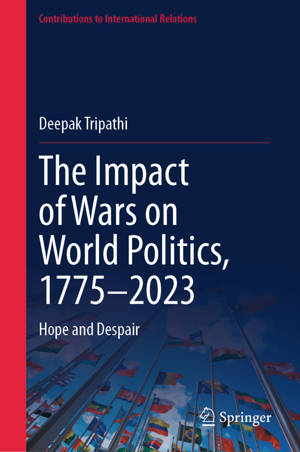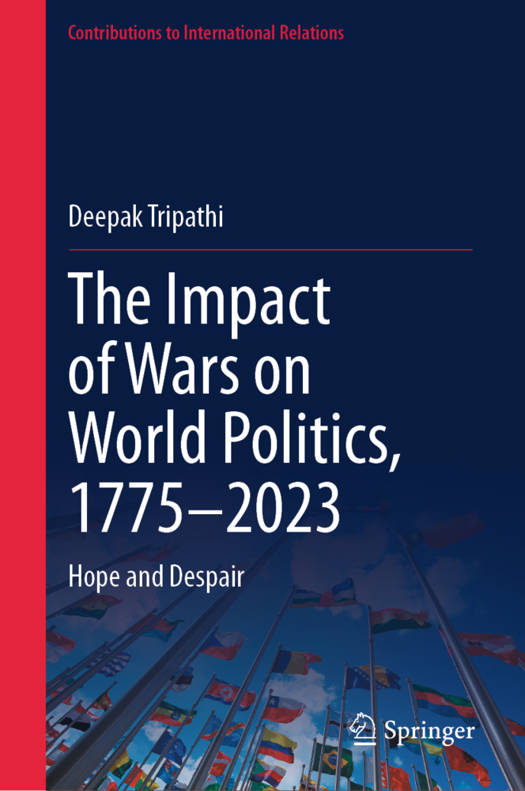
- Retrait gratuit dans votre magasin Club
- 7.000.000 titres dans notre catalogue
- Payer en toute sécurité
- Toujours un magasin près de chez vous
- Retrait gratuit dans votre magasin Club
- 7.000.000 titres dans notre catalogue
- Payer en toute sécurité
- Toujours un magasin près de chez vous
Description
In a study of cyclical history, this book presents a grand sweep of modern history and how decades of savage wars, and turbulence, led to a brief era of exhilaration and hope, followed by despair in the new century. The collapse of the Berlin Wall (1989) and the Soviet Union (1991), marking the end of the Cold War, were celebrated with great euphoria.
The book points out that the defeat of Soviet communism by the Western allies was one of the most consequential outcomes of great power conflict in the twentieth century, comparable to the defeat of fascism in the Second World War, and of the Central Powers led by Germany and Austria-Hungary in the First World War.
However, optimistic predictions of a peaceful and orderly world after the Cold War proved wrong, and new challenges emerged across the globe such as international and regional conflicts, climate change, and mass migration. The book explains how the initial excitement and hope after the collapse of the Soviet Union turned to new challenges, and despair, continuing the cycle of history.
Tripathi's scholarly rigor, combined with his journalistic clarity, makes this book a landmark publication that stands out for its depth, relevance, and the urgent message it conveys about the necessity of learning from history to navigate the challenges of the future.
Ashok Swain, Professor & Head, Department of Peace and Conflict Research, Uppsala University
This book is a strong, well-written, and explorative testimony of war and conflict, their roots and dynamics, as well as consequences and impact on politics and human lives.
Nora Sveaass, Professor Emeritus, Department of Psychology, University of Oslo
Spécifications
Parties prenantes
- Auteur(s) :
- Editeur:
Contenu
- Nombre de pages :
- 152
- Langue:
- Anglais
- Collection :
Caractéristiques
- EAN:
- 9783031658419
- Date de parution :
- 24-09-24
- Format:
- Livre relié
- Format numérique:
- Genaaid
- Dimensions :
- 164 mm x 237 mm
- Poids :
- 399 g







